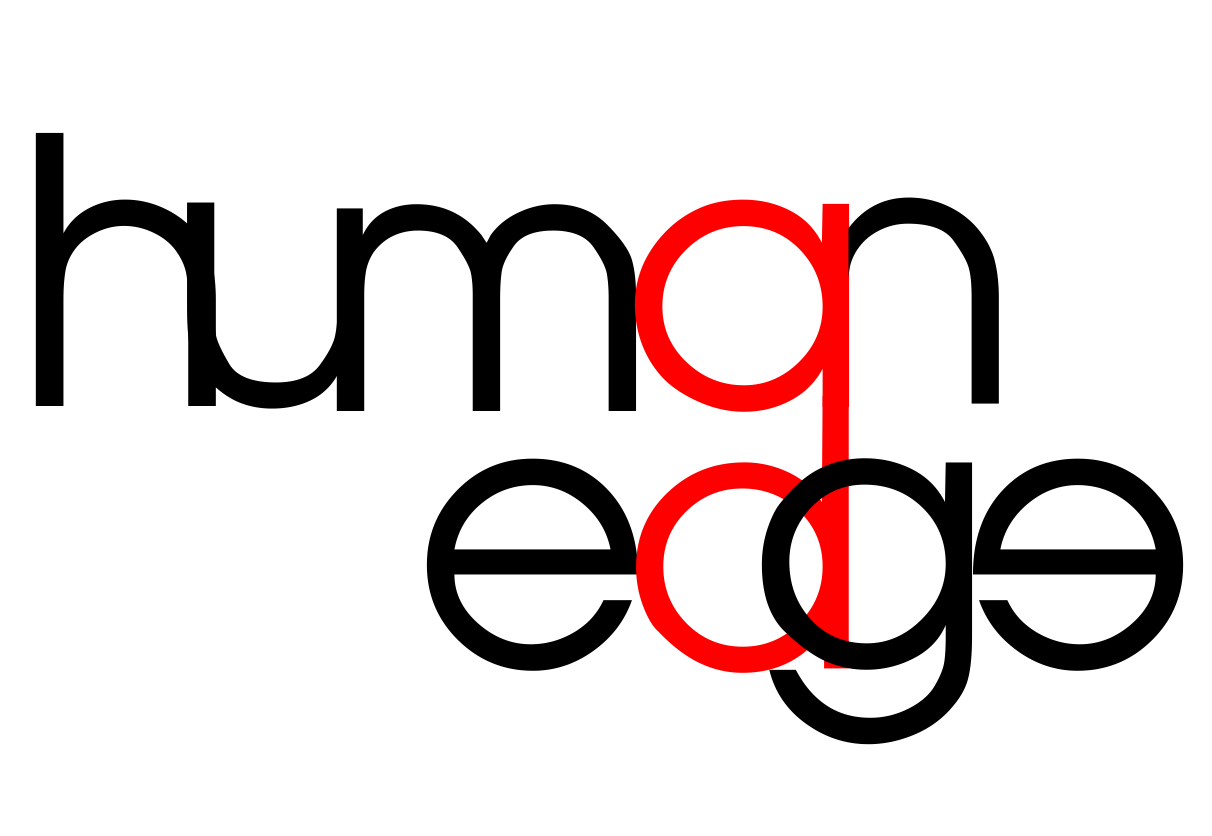One of the oldest merchant banks, under new management, decided to recreate itself in the face of ferocious industry competition.
However, difficulties in implementing the program recommended the need for a complete overhaul of the organizational culture with respect to staff attitudes and motivation. In response, Human Edge designed a three-stage program of organizational development aimed at producing the desired changes in employee attitudes and behavior.
The Problem
Under new management, one of the oldest merchant banks in the country decided to recreate itself in the face of ferocious industry competition. One of its first steps was to embrace Total Quality Management (TQM). However, difficulties in implementing the program suggested the need for a complete overhaul of the organizational culture prevailing in the institution, particularly with respect to staff attitudes and motivation.
Committed to the change program, senior management concurred with the prognosis and agreed to seek external assistance. Human Edge was invited to examine the problem and develop an appropriate solution.
The Solution
In response, Human Edge designed a three-stage program of organizational development aimed at producing the desired changes in employee attitudes and behavior.
Stage one required all staff of the bank to participate in a series of half -day Corporate Culture/Attitudinal Change workshops. Using an action learning approach, participants were guided through an examination of the organization’s vision and values, with special emphasis on their relevance to their own work. Facilitators carefully documented the key issues emerging from each session for use in a follow-up briefing for top management. Appropriate action plans were then drawn up to deal with those issues considered priority areas.
Stage two consisted of a series of two-day Team-Building workshops for newly appointed team leaders. The presence of effective team leadership skills was considered an important factor in creating an appropriate team environment in which new attitudes and behavior could thrive.
Finally, stage three consisted of a thorough review of the bank’s Performance Management and Reward System aimed at ensuring that positive and systematic reinforcement of desired attitudes and behaviors occurred as and when necessary. The review covered, amongst other things, the relationship between vision, business strategy and rewards; the effectiveness of the performance management process (i.e. performance planning and appraisal); and the adequacy or otherwise-of existing reward programs such as base pay, merit pay, promotion, variable pay and special recognition. Where necessary, recommendations for modification or enhancement of particular programs were offered.
The Results
So far, the client has reported improved receptivity on the part of employees and a greater willingness to take the initiative by organizational leaders. There also appears to be renewed enthusiasm for the bank’s process improvement program (i.e. TQM).
However, since cultural change often requires a lengthy period of consistent effort to achieve performance, Human Edge continues to work closely with organizational change agents within the bank. A series of follow-up actions to help implement recommendations on performance management are planned for the next 12 months.
